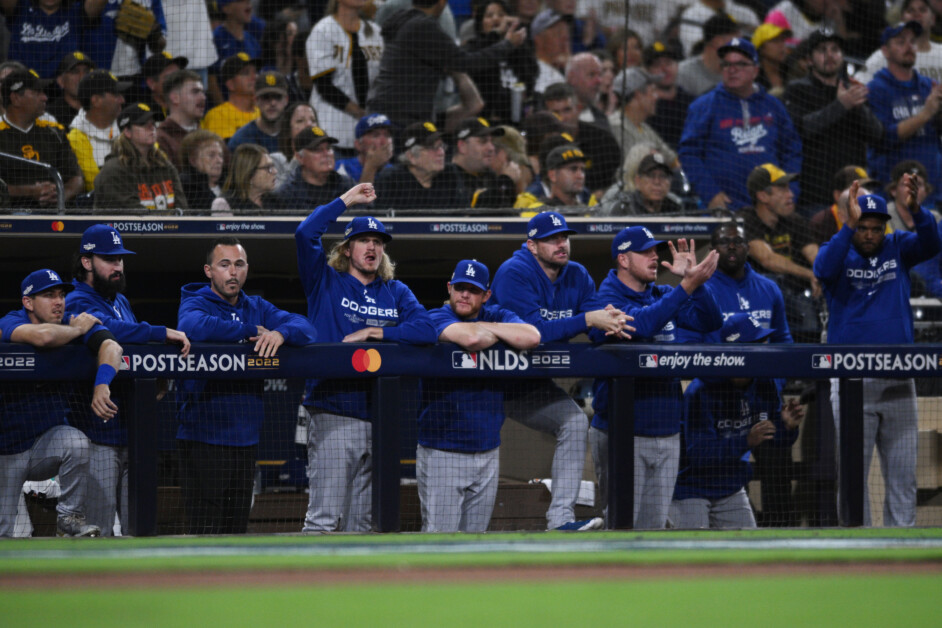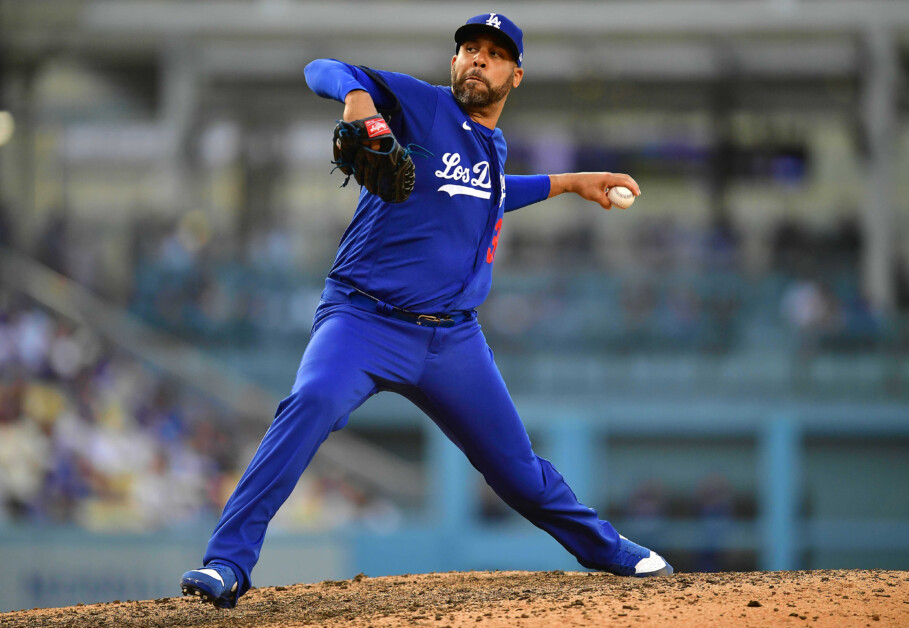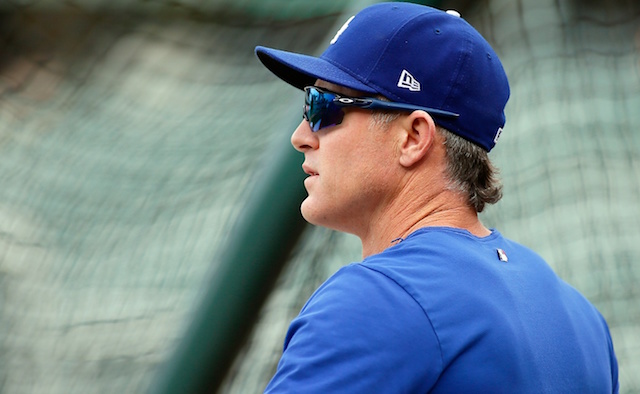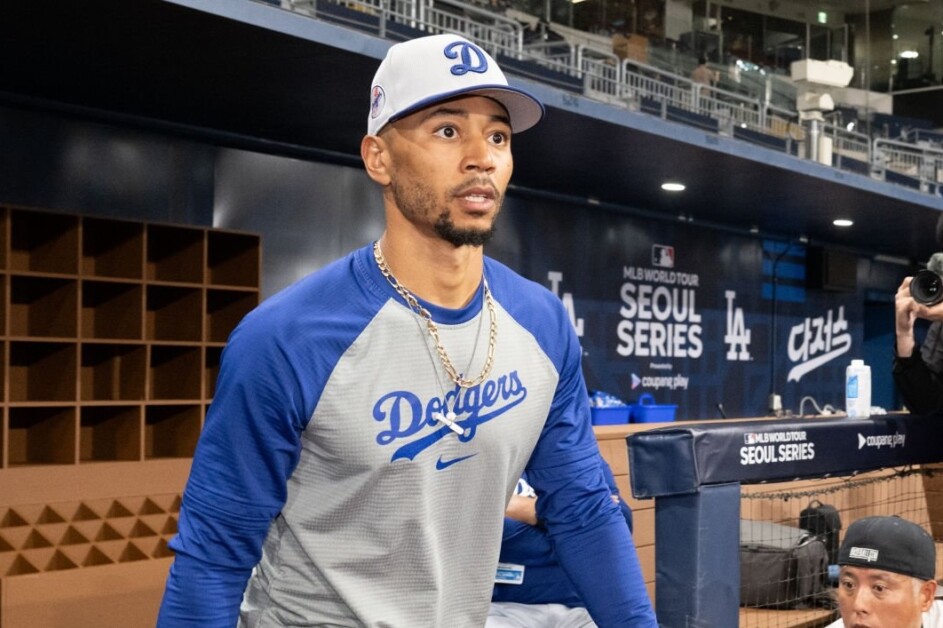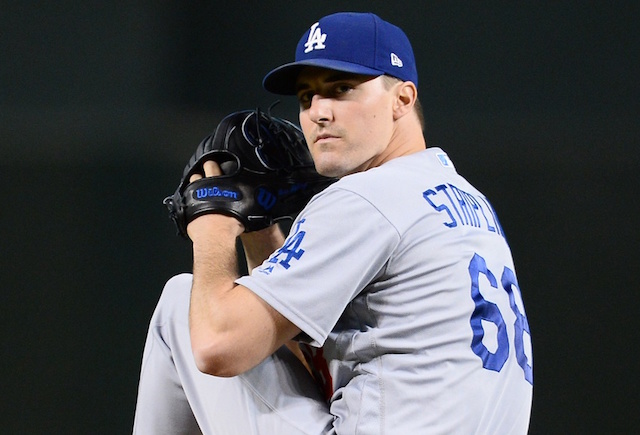After steamrolling their way through the regular season, the Los Angeles Dodgers were only able to win one postseason game before losing three straight against the San Diego Padres in the 2022 National League Division Series to bring an end to their year.
During the season, the Dodgers won 111 games, which tied them for the fourth-most in MLB history, and they defeated San Diego 14 times in their 19 matchups. They led MLB in runs scored and allowed the fewest among all teams.
They were a juggernaut no team could stop, until the calendar turned to October. The Dodgers went 2-3 against the Colorado Rockies to close out their season and then faced a five-day break while waiting for the Wild Card series to play out.
Once they got back to playing, they took an early lead in Game 1 of the NLDS, scoring 5 runs off Mike Clevinger in just three innings, but after that, it all went downhill from there. Beginning in the fifth inning of Game 1, the Padres ended up outscoring the Dodgers 15-7 for the rest of the series.
What happened to the Dodgers in the NLDS?
Offensive struggles
The main reason the Dodgers are no longer playing postseason baseball is because of the struggles of their lineup.
In Game 2, L.A. had a historically bad offensive performance. According to STATS LLC, they became the first team with at least 15 baserunners, all nine starters reaching safely, a minimum of eight players in the lineup collecting a hit, to have a man reach in every inning and to hit three home runs while finishing the game with only three runs.
No other team in MLB history, regular or postseason, had accomplished that. The Dodgers did it by leaving 10 on base and going 0-for-8 with runners in scoring position as a team.
Game 3 was no different. The Dodgers went 0-for-9 with runners in scoring position and left seven on base while only coming away with one run on a sacrifice fly in a 2-1 loss. Dating back to Game 1, they went on an 0-for-20 streak with runners in scoring position, which was the third-longest streak in their postseason history.
In Game 4, the offense took a 2-0 lead early and snapped their skid, but they still left nine men on base throughout the game and went 2-for-9 with runners in scoring position. They had multiple opportunities to put the Padres away with one hit, but failed in every chance. The end result was the Padres coming back to win 5-3 and eliminate the Dodgers.
The Dodgers’ pitching allowed an average of 3.75 runs per game, with a high of five, which is more than good enough to win a series with an offense that averaged 5.23 runs in the regular season. The series loss is fully on the lack of production from the offense.
“We just didn’t hit, man,” Mookie Betts said after being eliminated. “That’s on us. That’s on the hitters’ side. We did not execute any type of plan. We didn’t do anything that we did throughout the season. Like I said, it sucks, but nothing we can do now.”
Managing and Dave Roberts
While Dave Roberts is a common answer to the question, “Why did the Dodgers lose in the NLDS?” there is no exact number or percentage on how much his decisions impacted the club’s chances of winning, but it’s probably not as much as one might think.
Sure, Roberts could have let Tyler Anderson pitch the sixth in Game 4, but the bullpen still would have needed to cover multiple innings. Yes, maybe he should have used Miguel Vargas over Austin Barnes, or Joey Gallo instead Cody Bellinger to pinch-hit, but such decisions are not made on gut feelings.
Roberts, bench coach Bob Geren, game planning coordinator Danny Lehman and the rest of the Dodgers coaching staff work with the front office to plan for all these decisions based on the data available, which is the smart thing to do. If you would rather them manage a game by guessing, it’s almost a guarantee you will be more frustrated by the results.
But regardless of using data or managing by gut decisions, it’s still up to the players to perform. All Roberts can do is put them in the best chance for success, but it’s still on the players.
It’s also unfair to criticize a manager for trusting his bullpen that was performing at an elite level for the entire season. Maybe Evan Phillips should have pitched the seventh inning of Game 4, but Yency Almonte and Alex Vesia still would have needed to appear at some point, and those relievers proved themselves worthy of the trust.
Sometimes it just doesn’t work out, that’s baseball.
5-day layoff
Although it’s impossible to know for sure how much it affected them, the five-day layoff was a challenge for teams to deal with. This was the first season MLB implemented a three-team Wild Card format, and the results were both National League teams with a bye were eliminated by their Wild Card opponent.
In the American League, the Houston Astros advanced, but they played a tight series that could have gone either way, and the New York Yankees are set to play in Game 5 against their Wild Card opponent.
The Dodgers’ players and Roberts have said they don’t want to use that as an excuse, and they shouldn’t, but Padres manager Bob Melvin believes playing while the Dodgers were off may have benefited his club.
Postseason randomness
The postseason is designed to bring chaos. It highlights the slumps and hot streaks that always happen in baseball, but the difference is those even out over a 162-game season and they don’t have time to in a short series.
In a small sample, anything can happen and randomness rules — even the Pittsburgh Pirates swept the Dodgers this season — but that’s part of what makes the playoffs exciting, and unfortunately, it is often the downfall of the top teams each season.
Although it’s easy to brush off the randomness of the MLB postseason in a small sample as an excuse, it’s an important factor.
The Dodgers proved they were better over a larger sample, and even with the Padres’ three wins in the NLDS, they still only beat the L.A. eight times in their 23 meetings this year. Three of those wins just happened to come at the best time for them.
Conclusion
All these factors contributed to the loss, but at the end of the day, the Dodgers were simply outplayed. Their offense couldn’t find that big hit they needed and it led to their downfall while the Padres were able to get those timely hits when they needed them.
“They played really well, man,” Betts said. “You can get excited all you want but you still have to execute. They did and we didn’t. They rode the momentum and came through. Like I said, we had our chances but never got that hit.”
Make sure to follow Dodger Blue on Instagram! It’s the best way to see exclusive coverage from games and events, get your questions answered, and more!



